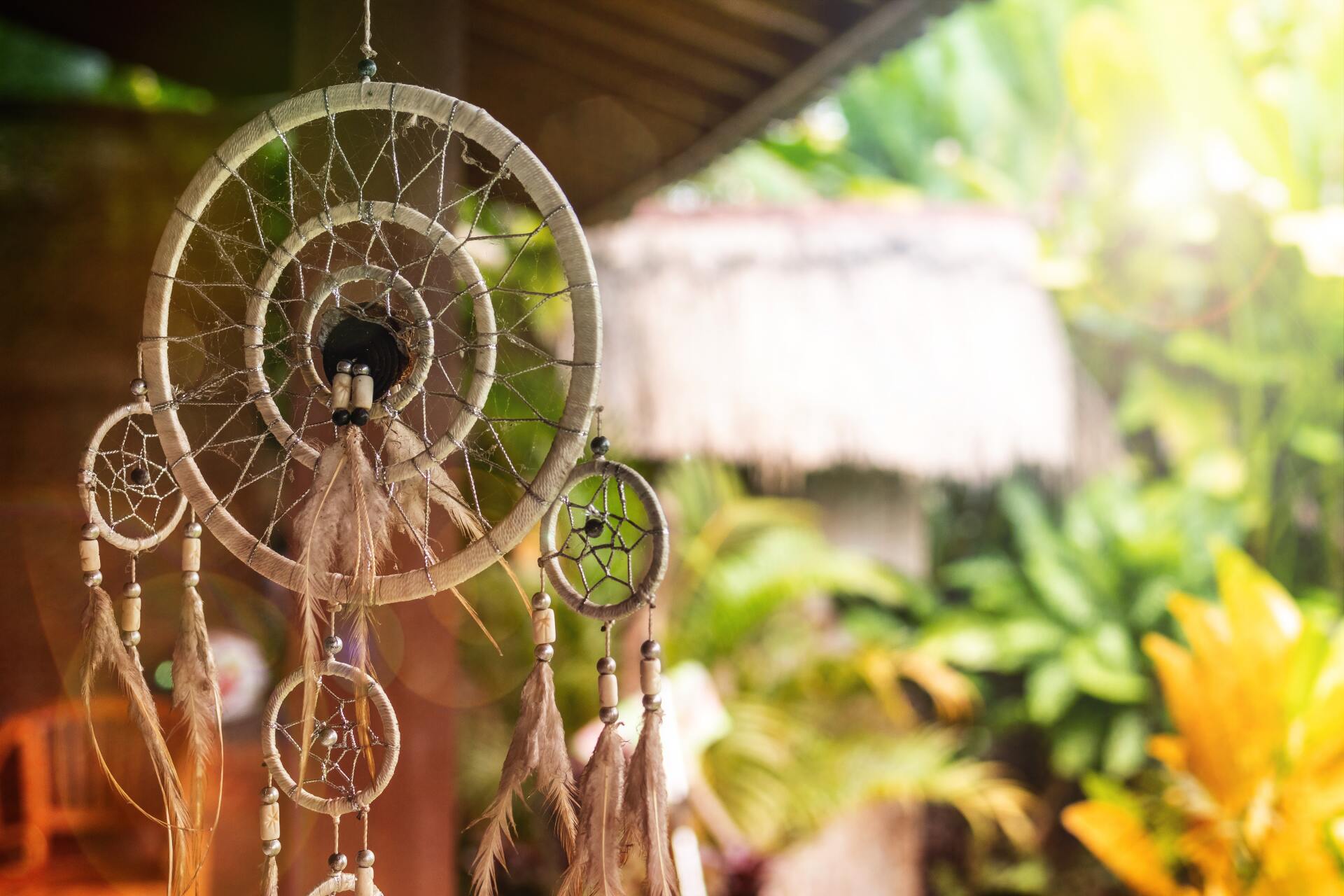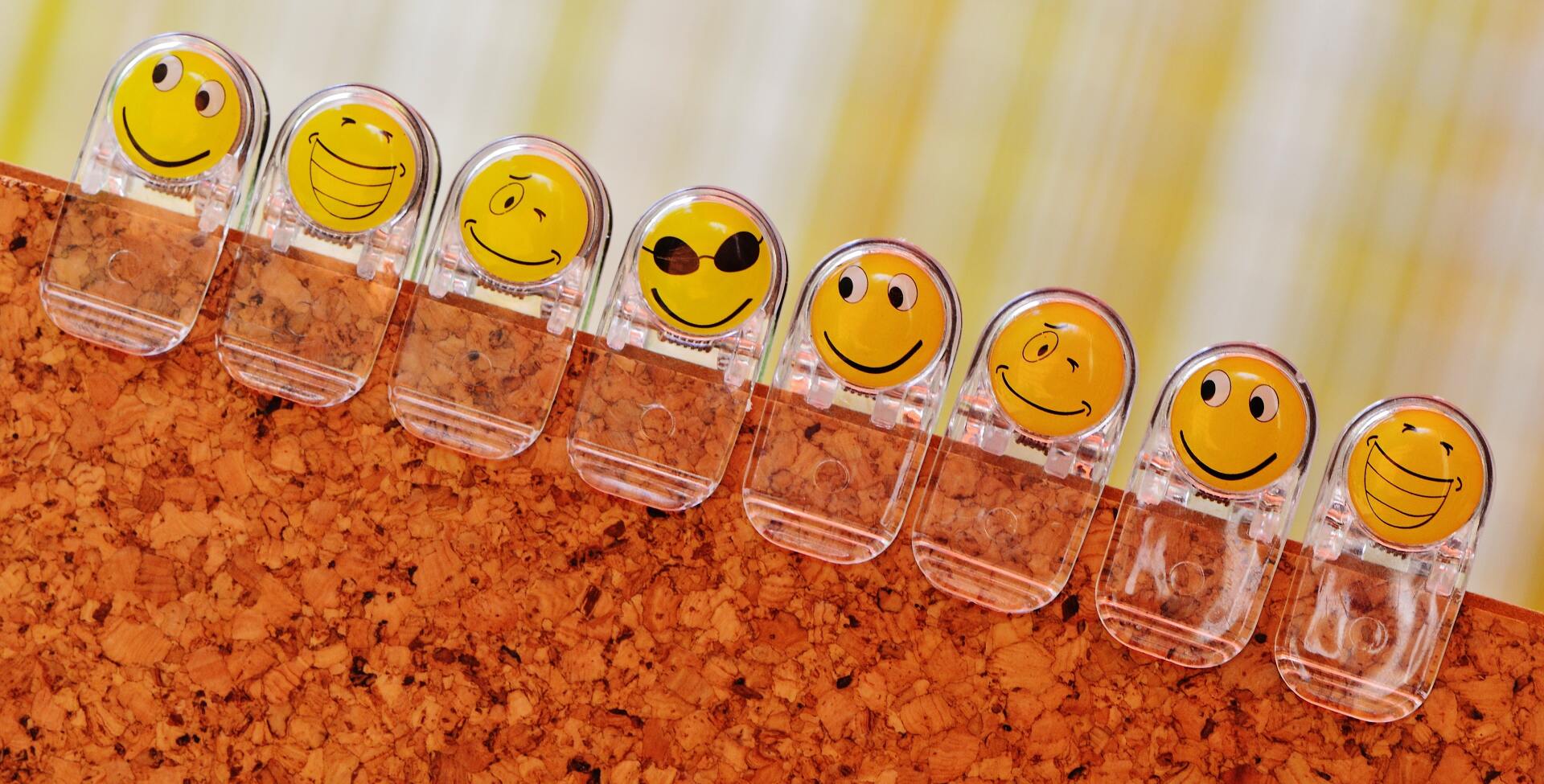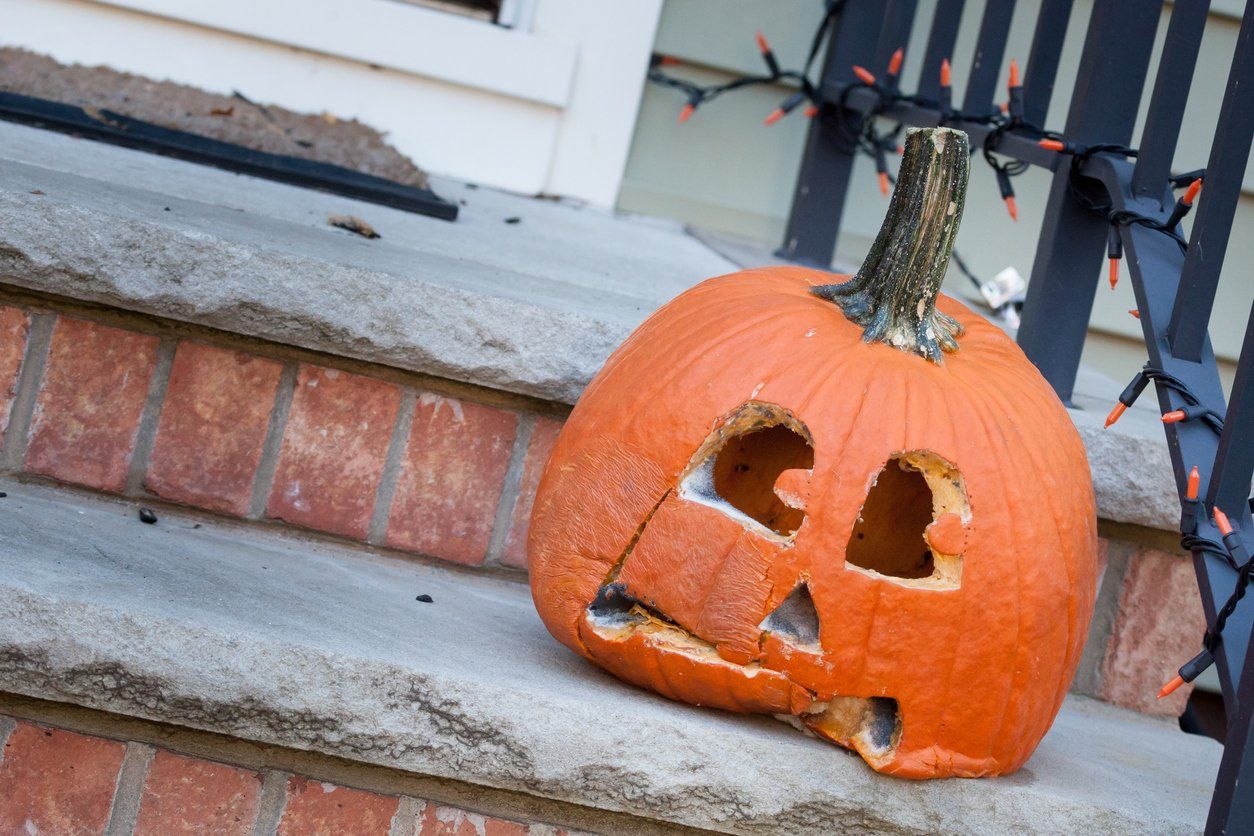Some suggestions for coping with the social isolation and Covid-19
Some suggestions for coping with the social isolation and Covid-19
These really are very challenging times for many people …around us and globally. There are justifiable and real concerns about the physical health of our loved ones, our own health and also concerns about our mental health too.
With social isolation comes the potential for loneliness, a lack of purpose, strained relationships, disappointments of cancelled events, worry about family and friends and many more things that can be harmful to our mental wellbeing.
So, what can we do to give ourselves, and those around us, the best chance of coping well with the current situation?
We can look after our physical health by keeping hydrated, really minimising all but absolutely essential physical contact with others, eating as healthily as we can, getting rest and good sleep and taking some exercise every day ….there are plenty of online resources -for those with access …and for those without online access …get creative! Problem solving gives us a ‘feel good’ reward so finding ways to do beneficial things, when we have limited resources, is doubly beneficial.
Our mental health is as much a part of our overall health as our physical health and this may be really challenged right now. These are a few things I have come across which may be helpful.
One of the challenges we may face is a lack of control over the circumstances we are in and what we can do. Most of us have quite a lot of control in our ‘normal’ lives …where we go, who we see, what we do with our down time -and control brings us some certainty and, in some ways, the feeling of freedom. On this point, I heard Stephen Fry, President of MIND charity, talking on the radio. Stephen Fry lives with bi-polar and has a personal understanding of depression. He suggested that, for those of us who are confined to being at home, making a timetable each day of how you are going to spend the day can give us a feeling of having more control.
What you put into your day is up to you, but some suggestions would be:
- some productive things such as work, DIY, gardening, sorting out/ decluttering, etc so we have some feeling of achievement at the end of each day
- some support for others such as making phone calls to those who may be isolated or to those who we know may have heightened anxiety or who are prone to depression or who are facing challenging times regardless of the Coronavirus. In addition to giving support to others we also feel some purpose and positivity of doing meaningful acts. We may be able to do things like mow a neighbour’s lawn or help them with rubbish bins etc. but only if this is safe to do and doesn’t risk unnecessary contact.
- some exercise. It is well reported and evidenced that exercise is good for our mental health as well as out physical health. Scientifically, it is well evidenced that exercise stimulates the body to produce endorphins and enkephalins, the body’s natural feel-good hormones which can help us to see problems as more manageable. Exercise also directly affects the brain -better blood supply results in improved neuronal health and in the hippocampus, an area of the brain which is critical to our mental health, exercise leads to the creation of new hippocampal neurons (neurogenesis) and there is gathering evidence that many mental health conditions are associated with reduced neurogenesis in the hippocampus. The evidence is particularly strong for depression. So do what you can, exercise wise, each day.
- some learning. For most people, the result of learning something new is the sense of personal growth which is a vital element of fulfilment. There are thousands of eLearning courses online or maybe you have a craft kit or a musical instrument you wanted to learn (though depending on your household circumstances, taking up the violin may not be appreciated by any fellow householders!).
- some pleasures. Thinking of things to timetable into your day which you enjoy can help to maintain a positive mindset. It could be a relaxing bath, reading a book you that has been collecting dust until you had time to read it, listening to some of your forgotten but loved CD’s or playlists, having a phone catch up with people you enjoy and perhaps don’t get time to speak to as much as you would like, baking or cooking that recipe you cut out of a magazine and haven’t found time to make, playing games, etc. Also, there are so many things have been made accessible to provide opportunities for entertainment. Many museums and art galleries around the world have virtual tours and there ais online streaming of operas, ballet and Broadway shows that we may not have otherwise been able to see and enjoy. A few I have found are; The Louvre, The Solomon R Guggenheim museum, National Gallery of Art, Metropolitan Museum of Art in New York, NASA Langley Research Centre -all offering virtual tours, The Royal Opera are screening free shows on line and there are Broadway shows you can stream too.
Depending on your household situation, you may to chose to do things which everyone can enjoy together.
It can be helpful to let go of trying to have so much control and think of ways to adapt and get the best from the changes we are having to make.
Look for new, and as many, ways of feeling pleasure, personal growth, purpose and connection as you can think of and keep you and those around you, as safe as you can. xx
Share This Story, Choose Your Platform!
Recent Posts












